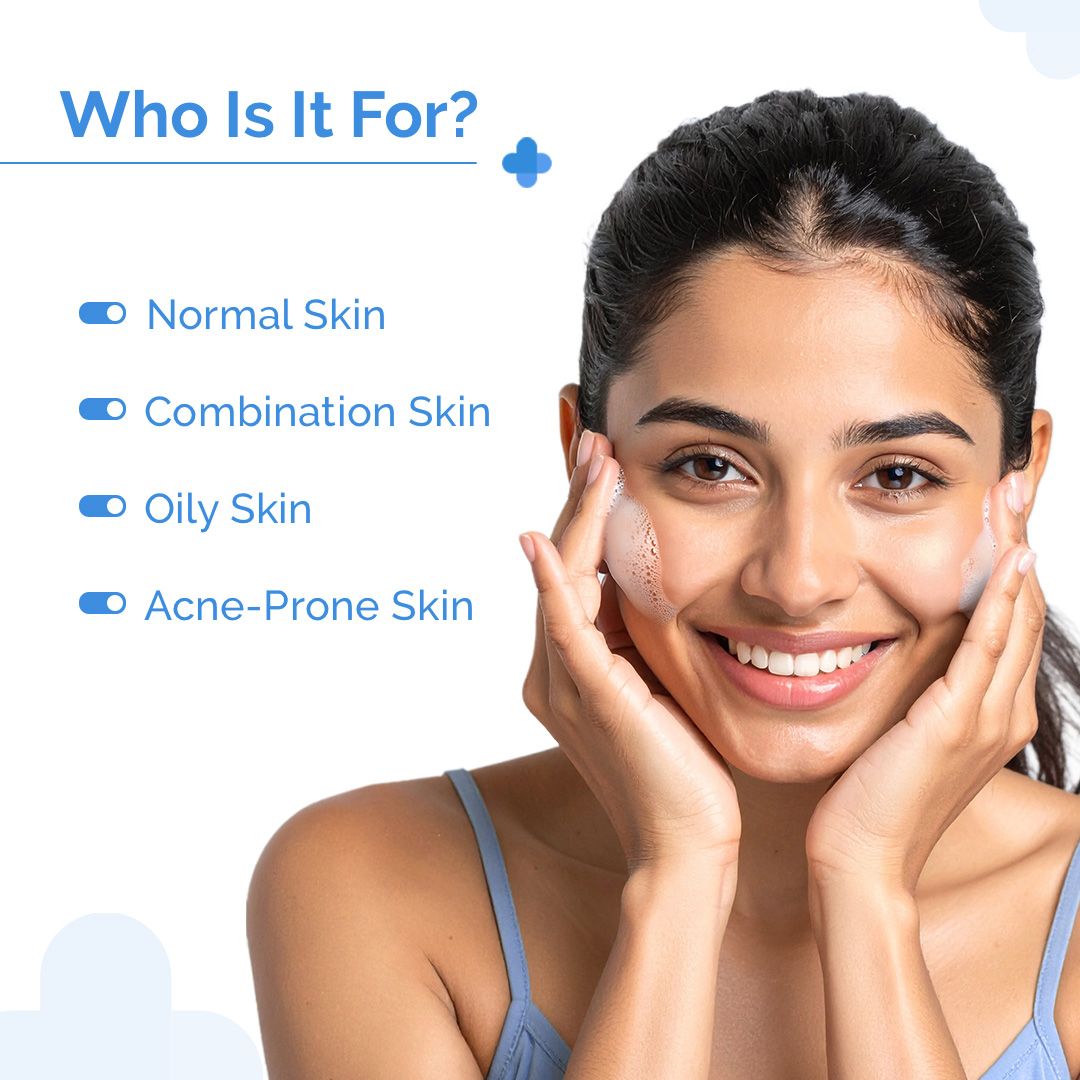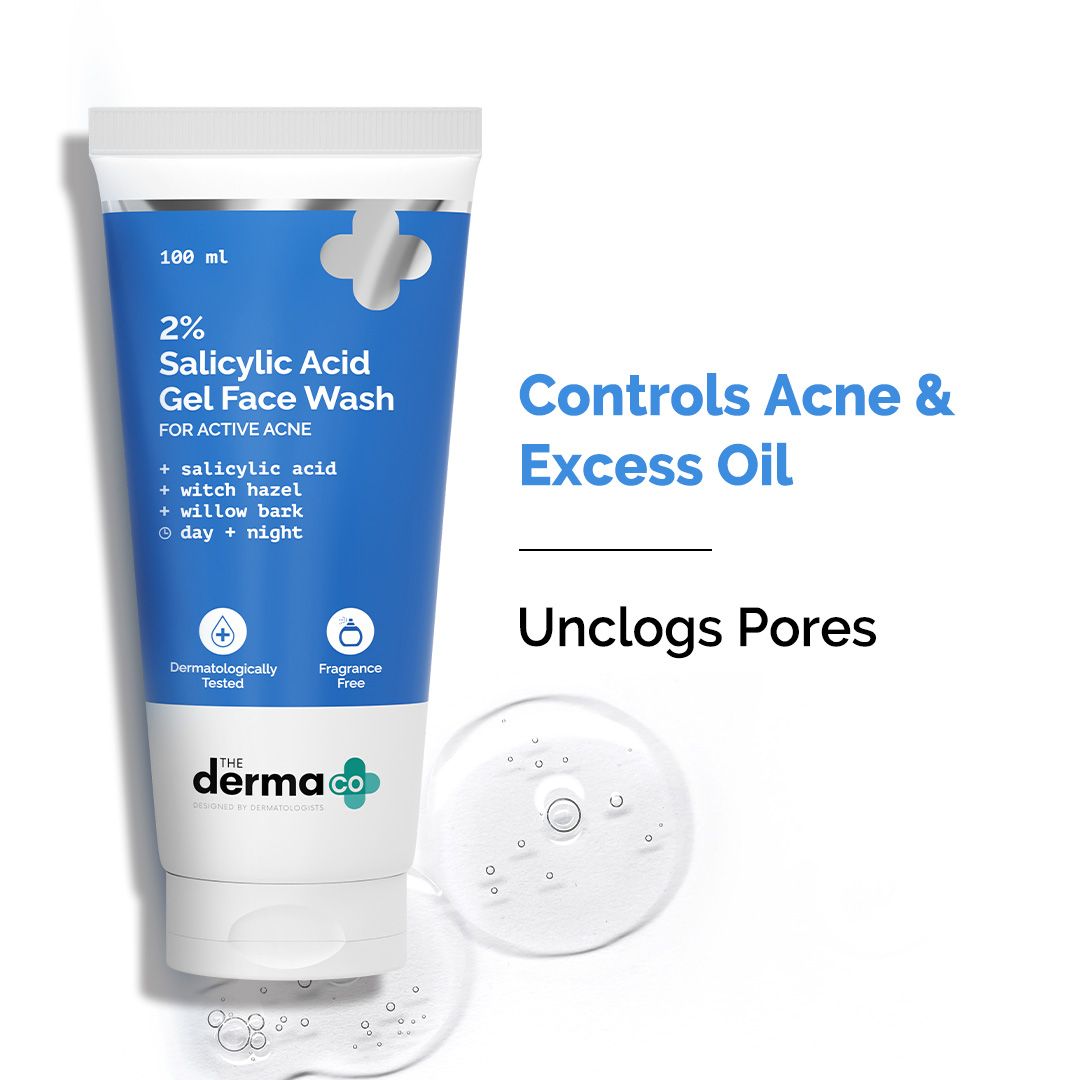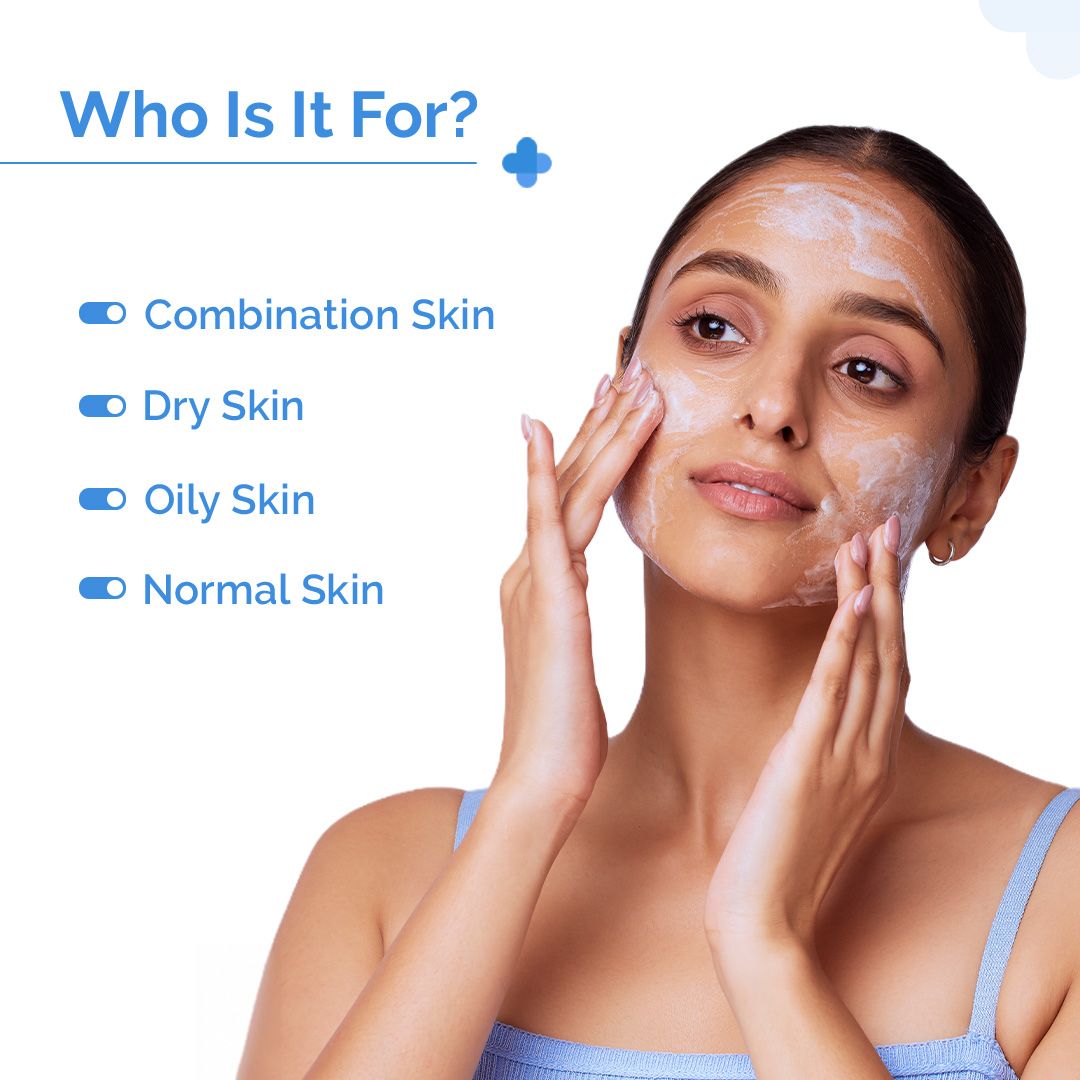Acne Pimples
FAQs
Managing and reducing acne and pimples starts with a regular skincare routine. To start, wash your face twice daily with a mild cleanser to eliminate extra oil, debris, and germs. Apply topical treatments with chemicals like salicylic acid or benzoyl peroxide directly to the afflicted regions to help unclog pores and decrease irritation. To moisturize your skin without worsening acne, moisturize with a non-comedogenic moisturizer. Refrain from touching your face excessively to stop bacteria from spreading and to make outbreaks worse. In addition, keep a diet low in sugar and fried foods and high in fruits, vegetables, and whole grains. Clearer skin can also result from good hygiene habits, such as routinely cleaning bedding and maintaining clean hair. If your acne is severe or chronic, you should see a dermatologist. They can prescribe drugs or specialist therapies based on your skin type.
The development of pus-filled, inflammatory lumps on the skin characterizes common skin diseases like acne and pimples. Blackheads, whiteheads, papules, pustules, nodules, and cysts are just a few of the lesions commonly accompanying acne, caused by blocked hair follicles filled with bacteria, oil, and dead skin cells. Heredity, stress, hormone fluctuations, and certain drugs can influence their growth. A less severe kind of acne, pimples often take the shape of little red pimples with pus at the tips. Effective therapy entails regular skincare routines, topical treatments, and occasional medical intervention for severe instances to manage and lessen eruptions.
If your chronic irritation, redness, or dryness worsens after using acne and pimple treatments daily, consider giving them up. It may be necessary to stop using acne treatments if overuse or abuse cause skin irritation or allergic reactions. Furthermore, if a product does not help your acne after many weeks of taking it as prescribed, it might not be suitable for your particular skin type or level of acne. You should see a dermatologist to evaluate your skincare regimen, find alternate treatments, or treat any underlying skin disorders that could be causing your acne to continue.
Before applying acne and pimple remedies, gently wash your face to remove debris and oil. Administer the acne treatment directly onto the impacted areas, paying close attention to the product's dosage and frequency guidelines. To prevent overdrying or irritating the skin, use a pea-sized quantity for spot treatments or a thin coating for larger areas. Wait to apply the moisturizer until it has completely absorbed to keep the skin moisturized. It's critical to introduce new products gradually to evaluate their efficacy and tolerability. If irritation develops, cut back on usage or stop altogether. A dermatologist might recommend better courses of action.
Products for acne and pimples should be used regularly as a daily skincare regimen. Depending on the product's recommendations and your skin's tolerance, apply them once or twice a day. The ideal time to use these items is just after cleaning but before using sunscreen or a moisturizer. Apply them straight to affected spots or as indicated for spot treatments. To see how your skin reacts, start with a small quantity and gradually increase if needed. Over time, regular usage promotes cleaner and healthier skin by reducing existing acne and preventing future outbreaks. Adapt the frequency of use according to your skin's response, and seek individual guidance from a dermatologist.
Products for acne and pimples have various advantages for controlling outbreaks and encouraging cleaner skin. Usually, derma co moisturizer for acne prone skin have active chemicals like sulfur, salicylic acid, or benzoyl peroxide that destroy acne-causing bacteria, cleanse pores, and decrease inflammation. Using these best cream for pimples regularly may stop breakouts from starting and hasten the healing of current pimples. Additionally, specific formulas control sebum production and enhance the general texture of the skin. Furthermore, calming and moisturizing components are frequently used in acne treatments to reduce inflammation and preserve skin hydration. When used appropriately and regularly, these items can significantly enhance the look and condition of skin prone to acne.
Products designed to cure and prevent acne are meant to treat acne; therefore, they usually don't create acne in the first place. However, incorrect application or sensitivity to specific components may aggravate pre-existing acne or result in face irritation. Selecting products appropriate for your skin type and level of acne is essential. Stay away from thick or comedogenic compositions that can block pores. Dryness or irritation can also result from overusing acne treatments, particularly ones with potent active components like salicylic acid or benzoyl peroxide. Seeing a dermatologist can help you choose the right products and use a schedule based on the demands of your skin.





























